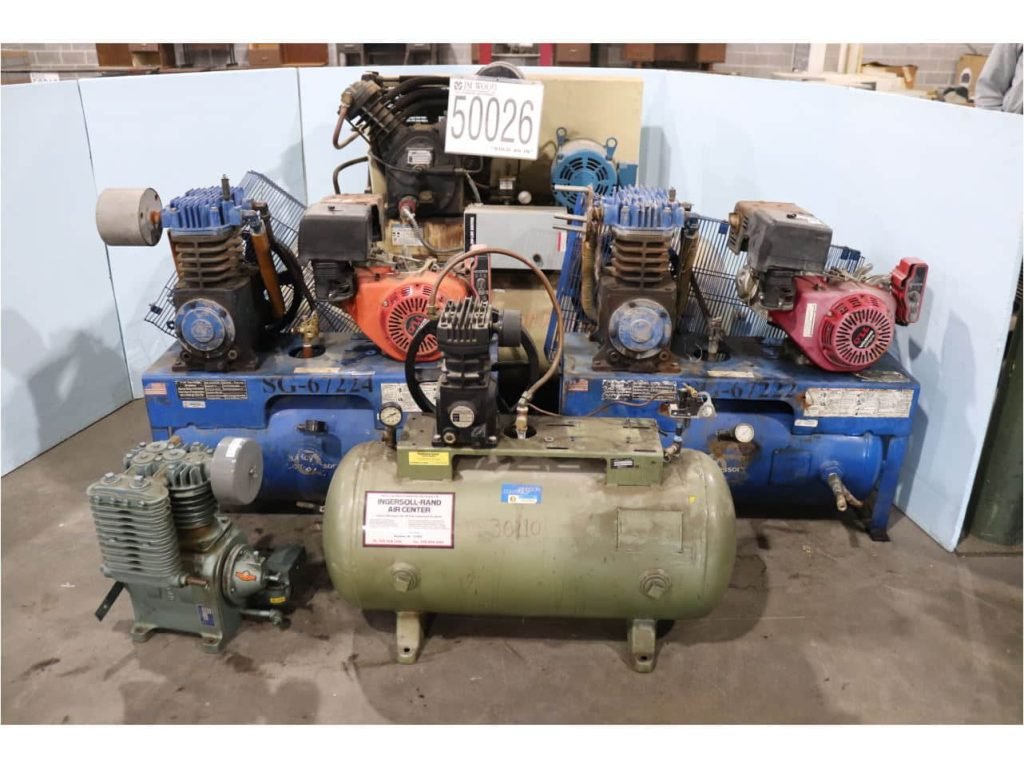The CE mark is a crucial certification for manufacturers aiming to export their products to the European Union (EU). It signifies that the product meets the essential criteria and requirements of all European regulations and directives. This guide will walk you through the process of obtaining CE certification for your products.
Understanding CE Certification
CE certification is a conformity mark that manufacturers need to comply with to export their products to the EU. It’s a declaration by the manufacturer that the product meets all the essential requirements of the relevant European health, safety, and environmental protection legislation.
The Importance of CE Certification
CE certification allows free movement of products within the European market, as it signifies that the product complies with EU safety, health, and environmental requirements. It’s a key indicator of a product’s compliance with EU legislation and enables the withdrawal of non-conforming products by customs and enforcement/vigilance authorities.
How to Obtain CE Certification
The process of obtaining CE certification involves several steps:
- Identify Applicable Directive(s): Determine which directives apply to your product. There are over 20 directives setting out the product categories requiring CE marking.
- Check Product-Specific Requirements: Check whether your product meets specific requirements of the applicable directive(s).
- Conduct Product Testing: Depending on the product, it may need to be tested by a Notified Body, or you might be able to self-declare the CE marking.
- Compile Technical Documentation: This documentation should support the compliance of the product with the relevant requirements.
- Affix the CE Marking: Once compliance is demonstrated, the CE marking must be affixed to the product.
Conclusion
In conclusion, obtaining CE certification is a crucial step for manufacturers looking to export their products to the EU. By understanding the process and requirements, manufacturers can ensure their products comply with EU regulations, fostering trust with consumers and facilitating market access.
FAQs
- What is CE certification?
CE certification is a conformity mark that manufacturers need to comply with to export their products to the EU. - Why is CE certification important?
CE certification allows free movement of products within the European market and signifies that the product complies with EU safety, health, and environmental requirements. - How can I obtain CE certification?
The process involves identifying applicable directives, checking product-specific requirements, conducting product testing, compiling technical documentation, and affixing the CE marking. - Do all products require CE certification to be sold in the EU?
Not all products require CE certification, but many products do. There are over 20 directives setting out the product categories requiring CE marking. - What is a Notified Body?
A Notified Body is an organization designated by an EU country to assess the conformity of certain products before being placed on the market.




